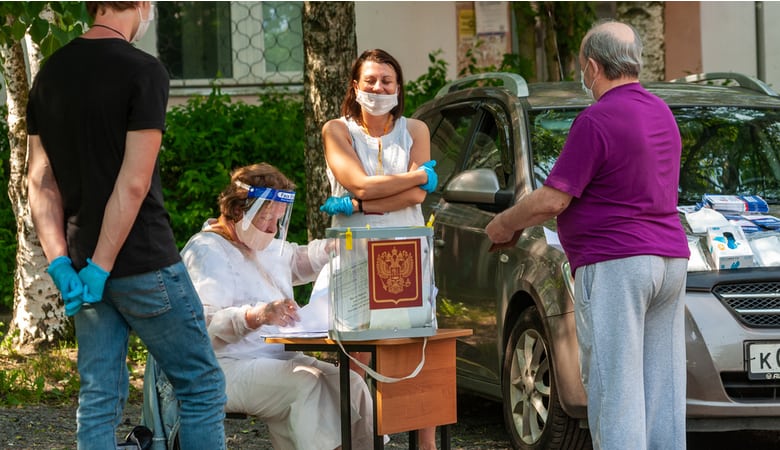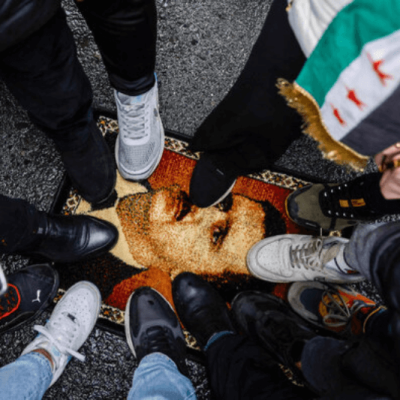Libya hosted the first international stability conference since 2011

Thursday saw a historical decision set in motion in Russia as the voting on national referendum kicked off. The referendum is regarding controversial amendments being made in the country’s constitution that can keep current President Vladimir Putin in power till 2036. This process is also being viewed as an extension of the blemished election tempering.
The vote was scheduled for April 22 but was delayed due to coronavirus spread scare. Russia is still witnessing over 7000 new cases of Covid-19 every day. Voting concludes on July 1.
These constitutional amendments in the referendum were unveiled earlier this year that can seal Putin’s hold on the Presidentship for Russia for a long time. According to Russia’s constitution, a president can hold the office for two consecutive terms, each of six years. However, the constitution does not limit the number of times a President can be re-elected. This means that Putin would have to step down as his term expires in 2024. Putin has been in office for two decades described the Ministerial Conference in Tripoli hosting foreign ministers and world leaders as a historic day, “it is the first time that such a meeting has come close to the reality of the Libyan people, which confirms its commitment for peace and stability.”
According to the Prime Minister, yesterday’s meeting also underlined the willingness and ability of Libyans to establish a pure national political solution. Dbeibah stressed that since he took office, he has committed to supporting the High National Electoral Commission (HNCEC) so that Libya gets to the elections in time. “The Government of National Unity has achieved stability and peace in Libya after years of division,” Al-Dbeibah said, highlighting the establishment of a committee to support the elections and to provide full support to all institutions involved, inviting citizens to participate and respect the results of the vote actively.
“In parallel, however, we are working to integrate the unification of state institutions and work effectively to end livelihood crises, power outages, fuel supplies, deterioration of health sector services, and lack of vaccines to respond to the Coronavirus pandemic. Thank God, we were able with our brothers, as well as health workers, to provide good vaccines and to work with all the news to complete the vaccination of all Libyans”. So, continued the Libyan Prime Minister.
In recent months, this stability in Libya has positively reflected on a series of measures adopted by the transition executive, the most important of which is the increase in monthly salaries for employees in specific sectors and the preparation by the end of 2021. of a unified wage scale for all employees of state institutions. “We have also committed to saving on the cost of electricity and have managed to make most of it. As a result, by next summer, we will overcome the electricity crisis caused by wars and the abandonment of the grid in recent decades, which our people have suffered.”




